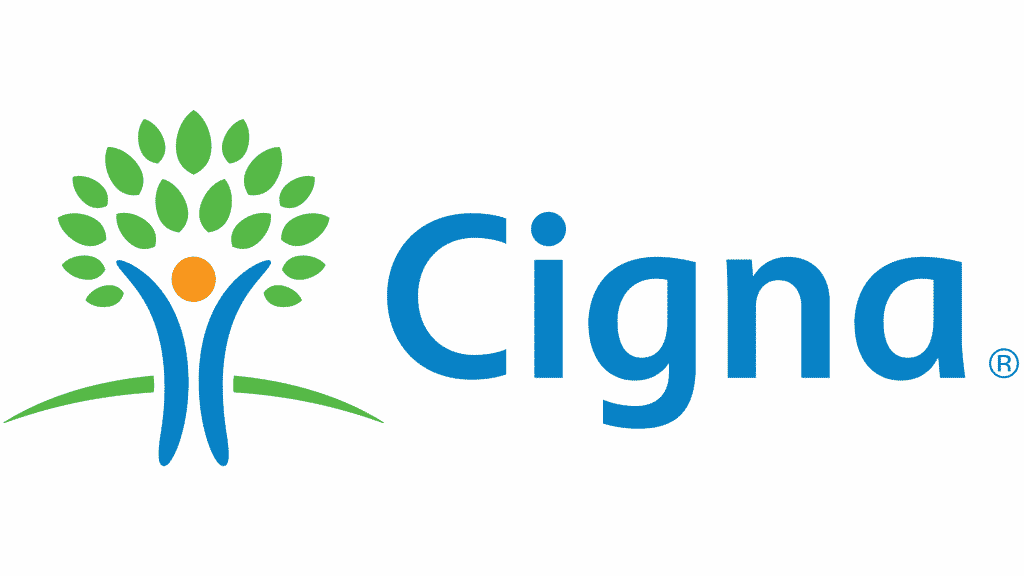
In our last post we discussed some of the most common clinical modalities in addiction treatment programs. In this post we continue the discussion with some more commonly used therapeutic approaches. In general therapists tend to specialize in a few modalities and focus on them as their primary tools for delivering treatment. Like CBT, DBT, REBT and ACT the approaches we are going to discuss are used in the inpatient addiction treatment centers and the outpatient models too.
EMDR in Addiction Treatment
EMDR, or Eye Movement Desensitization and Reprocessing, is a type of therapy that is used to help individuals process traumatic memories and experiences. It was originally developed by psychologist Francine Shapiro in the late 1980s. During an EMDR session, the therapist will guide the individual in recalling a distressing memory while simultaneously engaging in bilateral stimulation, such as side-to-side eye movements, tapping, or auditory tones. This process is believed to help the brain reprocess the memory in a more adaptive way, reducing the emotional distress associated with it.
EMDR is typically used to treat post-traumatic stress disorder (PTSD) and other trauma-related disorders, but it has also been used to address a variety of other mental health issues, such as anxiety, depression, and phobias. Research has shown that EMDR can be an effective treatment for these conditions, with many individuals reporting significant improvements in their symptoms after undergoing therapy. Overall, EMDR is a unique and effective therapy approach that can help individuals process and heal from traumatic experiences in a safe and supportive environment.
Brainspotting in Addiction Treatment
Brainspotting is a therapeutic technique that was developed by therapist David Grand in 2003. It is a form of psychotherapy that focuses on identifying and processing deep-seated emotional and physical traumas that are stored in the brain.
During a brainspotting session, the therapist helps the individual identify specific eye positions, or “brainspots,” that are linked to emotional or physical distress. By focusing on these brainspots while recalling traumatic memories or experiences, the individual is able to access and process the underlying emotions and sensations associated with the trauma.
Brainspotting is often used to treat a variety of mental health issues, including PTSD, anxiety, depression, phobias, and performance anxiety. It is particularly effective for individuals who have experienced complex trauma or have difficulty accessing and processing their emotions through traditional talk therapy.
One of the key benefits of brainspotting is that it can help individuals access and release deeply held emotions and trauma in a gentle and non-invasive way. It is a powerful tool for promoting healing and growth, and many individuals report feeling significant relief and improvement in their symptoms after undergoing brainspotting therapy. Overall, brainspotting is a unique and effective therapeutic approach that can help individuals process and heal from trauma and other mental health issues in a safe and supportive environment.
EFT in Addiction Treatment
Emotion-focused therapy (EFT) is a type of psychotherapy that focuses on helping individuals become more aware of, express, regulate, and transform their emotions. It was developed by psychologists Leslie Greenberg and Sue Johnson in the 1980s and is based on the idea that emotions play a central role in human functioning and well-being.
In EFT, the therapist works with the individual to identify and explore their emotions, helping them to understand the underlying causes and meanings of their feelings. The therapist encourages the individual to express their emotions in a safe and supportive environment, allowing them to process and work through their emotional experiences.
EFT is often used to treat a variety of mental health issues, including depression, anxiety, trauma, and relationship problems. By helping individuals develop a greater awareness and understanding of their emotions, EFT can help them build emotional intelligence, improve their relationships, and promote overall psychological well-being.
One of the key components of EFT is the emphasis on the therapeutic relationship between the individual and therapist. The therapist provides a supportive and empathetic environment for the individual to explore and express their emotions, fostering a sense of safety and trust that allows for emotional healing and growth.
Overall, emotion-focused therapy is a powerful and effective approach that can help individuals develop a deeper understanding of their emotions, improve their emotional regulation skills, and promote personal growth and well-being. It is a valuable tool for addressing a wide range of mental health issues and helping individuals lead more fulfilling and emotionally rich lives.
Experiential Therapy
Experiential therapy is a form of psychotherapy that focuses on facilitating personal growth and healing through engaging in hands-on, interactive experiences. Rather than relying solely on talking and verbal communication, experiential therapy utilizes activities, role-playing, art, music, movement, and other creative interventions to help individuals explore and process their emotions, thoughts, and behaviors.
Experiential therapy is based on the belief that individuals can gain insight, self-awareness, and emotional healing through direct, sensory-based experiences. By engaging in activities that stimulate the senses and emotions, individuals are able to access deeper levels of awareness and understanding, which can lead to personal growth and transformation.
Experiential therapy can be particularly effective for individuals who have difficulty expressing themselves verbally or who have experienced trauma or other deep-seated emotional issues. By engaging in hands-on experiences and creative activities, individuals can access and process their emotions in a safe and supportive environment.
Overall, experiential therapy is a powerful and transformative approach that can help individuals tap into their inner resources, gain new perspectives, and make positive changes in their lives. It can be used to address a wide range of mental health issues, including trauma, addiction, anxiety, depression, and relationship problems.
Hopefully this detail on clinical modalities provided a deeper understanding of the inner workings of addiction treatment. Continue readding our weekly blogs for more information on addiction and treatment.


















